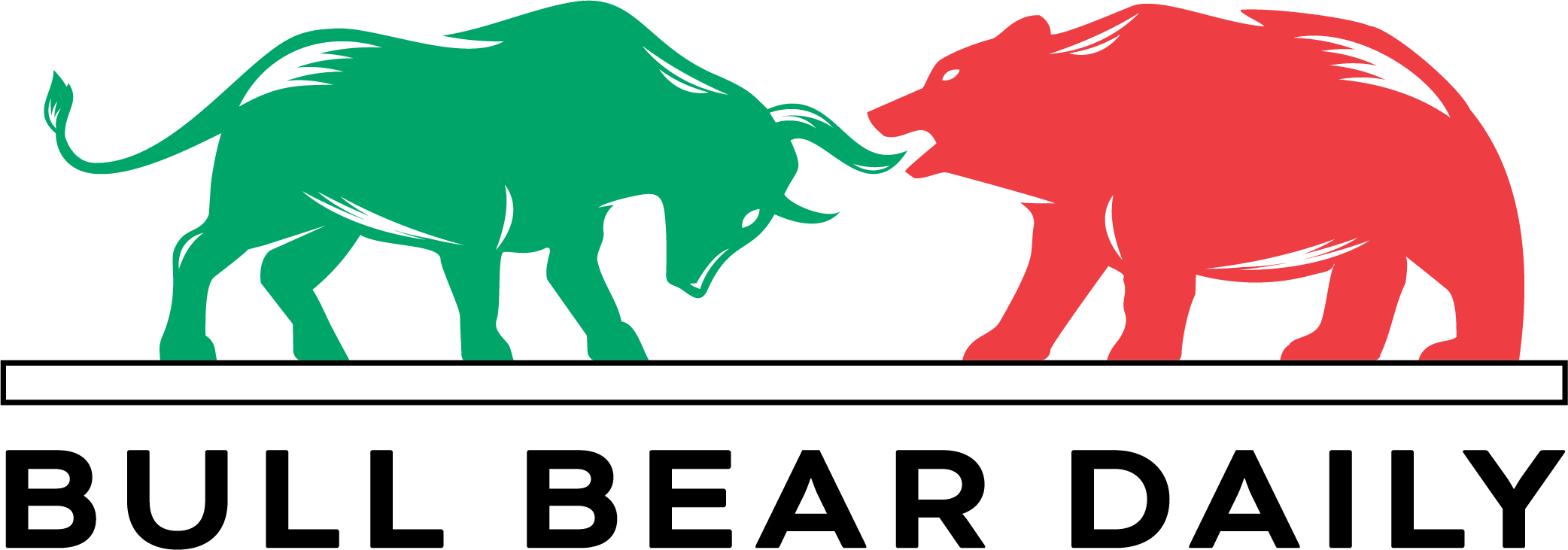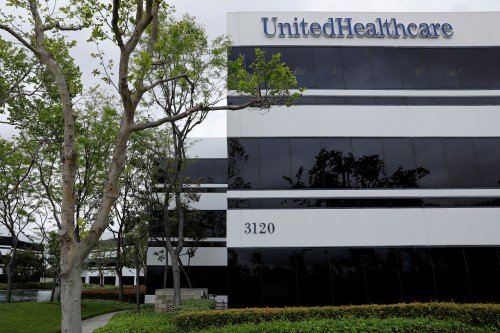(Reuters) – Global mega tech companies’ market capitalisation dropped sharply in July, in response to disappointing quarterly results and concerns over high valuations, prompting investors to shift their focus away from the AI sector.
In the first half of 2024, investors pushed tech stocks higher on expectations that AI advancements would boost earnings. But the second-quarter earnings reports from tech companies have raised concerns that investment in AI infrastructure has led to ballooning costs with only modest gains.
Microsoft reported revenue that fell short of analysts’ expectations, while Tesla reported its lowest profit margin in more than five years. Additionally, Google’s parent company, Alphabet, experienced a slowdown in advertising sales at YouTube, raising concerns about Alphabet’s ability to expand its margins.
Microsoft and Alphabet’s market capitalisations fell by about 6% to $3.1 trillion and $2.1 trillion, respectively, at the end of July, based on LSEG data.
Slowing profits among its major customers dampened growth expectations for chipmaker Nvidia, leading to a 5.2% reduction in its market cap to $2.8 trillion. This downturn also impacted its Taiwanese production partner TSMC, the world’s largest third-party microchip foundry, which experienced a 4.3% decrease in market cap to $737.8 billion at the end of July.
Bucking the trend, Apple’s market cap surged 5.4% to $3.4 trillion at the end of July, fuelled by optimism that its new AI initiative, Apple Intelligence, would boost sales and encourage customers to upgrade their devices to utilize the new technology.
But then Nvidia added about $330 billion in stock market value on Wednesday, a record one-day gain for any company on Wall Street after Microsoft and Advanced Micro Devices reignited the AI rally.
Outside the tech sector, drug maker Eli Lilly’s market capitalisation fell 11.2% to $764.3 billion, amid concerns about its lead in the anti-obesity market being challenged by a promising experimental pill from rival Roche.
Despite weak results, Tesla’s market cap increased by 17.2% to $740.1 billion, buoyed by optimism about its future growth prospects. Morgan Stanley named Tesla the most valuable automaker its “top pick” in the U.S. automotive industry, replacing Ford and predicted that Tesla’s energy business could eventually surpass its auto business in value.
(Reporting By Patturaja Murugaboopathy and Gaurav Dogra in Bengaluru. Editing by Jane Merriman)




